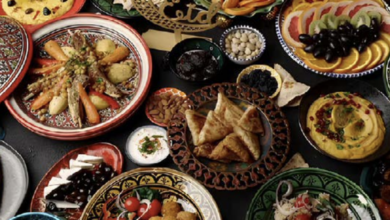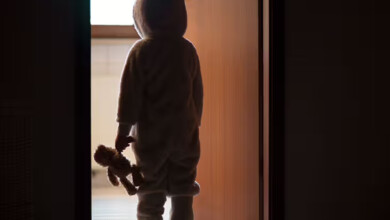How Nakisozi Overcame Stigmation to Champion a Campaign Against Aids

Stigmatization remains one of the major challenges affecting people living with HIV/Aids, which discourages many from coming out to seek information, counselling and treatment. The consequences are in most cases fatal.
For years, Mastullah Nakisozi, struggled with stigma after her neighbours in Kyebando near Kampala learnt that she had tested positive for HIV. She had settled here in 1996 with her late husband. It was after the death of her husband that she picked the courage of testing for Aids, and while she expected her community to support her, everyone turned against her.
Her young son wasn’t spared either from the wrath of an unforgiving community until 2005 when she started a campaign to fight stigma in the slums of Kyebando.
She started by mobilizing women in Kisasosalo zone, to who she gave information about the disease that had ruined her married life.
From a group of about five women meeting at her verandah, the number grew that the verandah could no longer accommodate them.

“When the number increased to 20, we started moving house to house encouraging fellow women to protect themselves against infection, pray for the ill, and advised them on how to live positively,” she told the Friday Call.
They fixed the last Friday of every month for their meetings, now at the LC 1 chairperson’s compound. After two years, Nakisozi expanded her area of operation to cover the entire Kawempe Division under a community-based organization, Kawempe Home-Based Care Givers Alliance. Under the organization, they helped patients to access Anti-retroviral (ARV) drugs from health facilities, and, as well made home follow-up visits to ensure that the patients adhere to the drug regimen.
With a burning desire to learn more about HIV/ Aids, Nakisozi undertook a series of training programs organized by the Uganda Community-Based Association for Women and Children Welfare (UCOBAC) in partnership with Kamwokya Christian Caring Community. “Because of my desire to know more about HIV and help the communities, I got selected to study community work for a year at Bukoto Catholic Church. I got certificates from KCC then and Kamwokya Christian Caring Community. So I started serious community work,” she said.
In 2011, her organization received financial support worth Shs 3.5 million from the then Kampala City Council (KCC) which she invested in a counter-book-making project. The project was to generate income for her cash-strapped organization that already had a big number of orphans under its care.
“We had a lot of orphans left behind by parents that had died of Aids. So, we wanted to make books, and give them to these orphans. The remaining ones were sold for some profit,” she said. The profits realized from the books project were invested in the purchase of a candle-making machine.
Since the area had no power, the candles were a good business and the profits they made were sunk into buying a firewood oven for baking bread. UCOBAC gave her the opportunity to deliver public speeches since she was freely talking about her HIV status and experience. This is how she addressed international gatherings in Kenya, Zambia and South Africa.
“In South Africa, we realized that the HIV prevalence rates were high yet so many HIV-positive people were fearing to come out and admit it. So, we formed there another group called Precious Plus; plus for H+ to encourage them to overcome fear,” she recalls.
The foreign trips exposed her to more knowledge and contacts. Another breakthrough for Nakisozi came through the Huiorou commission – a New York-based women-led social movement of grassroots women’s groups from poor urban, rural, and indigenous communities, which gave her money to conduct training of trainers workshops in Komamboga, Kanyanya, Kisasosalo, and Mpereerwe neighbourhoods of Kawempe Division in Kampala. Her trainees were then tasked to train more people thus defeating the stigma associated with HIV/AIDs, especially in low-poor communities.
The HUIOROU commission also sponsored her trip to a conference in Washington DC where she met the Uganda Cares organization. “I talked to them, gave them our stories and they started to cry. They asked me what I wanted them to do for us,” she said. In 2021, Uganda Cares her to buy a house in Kyebando where her organization is currently headquartered.
Besides the HIV/Aids campaigns, Nakisozi and her group are involved in hygiene and anti-domestic violence campaigns in addition to promoting technical training in the slums.
“What makes me really happy is that you can no longer differentiate those living positively with Aids from the rest. More people go to test and live a positive life,” she said.






